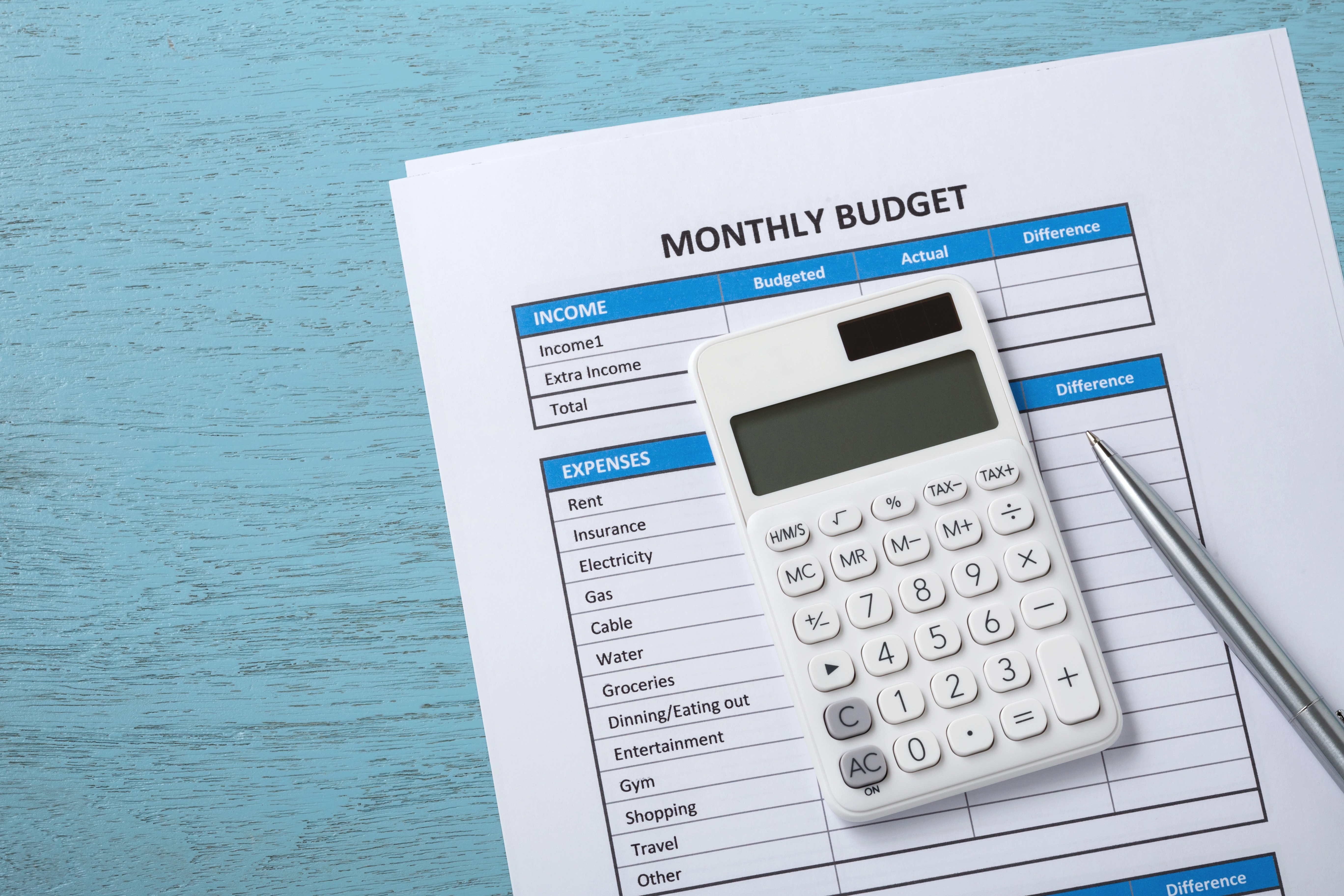As a student, you get a taste of what life is like in the real world (well, sort of). You'll probably have your maintenance loan, some savings from a holiday job, or you might pick up a part-time job to fit around your studies.
Regardless of how you get your money, paying rent, bills and buying food might be all new. So getting a handle on it from day dot is super important.
Take a look at our guide to financial life as a fledgling student:
1. Create a budget
Sounds simple enough, but it only works if you stick to it. Understanding your income and outgoings is the key to savvy spending.

What sort of income could you have?
- Maintenance loan (usually paid at the start of each term)
- Grants, bursaries, sponsorships or scholarships
- Money from your parents or other family
- Salary from a part-time job
- Savings from a summer job
What sort of outgoings do you need to factor in?
- Rent (including upfront costs like a tenancy deposit)
- Bills (e.g. water, energy and internet)
- A mobile phone contract
- Food and drink
- Travel
- Coursebooks
- Socialising
- Personal care (e.g. haircuts)
- Clothes
- One-off expenses
Kroo’s spending insights feature is a really handy tool to help. It buckets your spending into different categories so that you can see what’s what.
And if, after all that, you've got a little left over, you could put it into savings or keep it as an emergency fund.
With a Kroo current account, you'll get all the benefits of our top-table interest rate combined with the flexibility of a current account. So your money is earning decent interest but isn't locked away.

2. Try to cut costs at uni
There are lots of ways to save at uni if you’re struggling to get your budget to balance. Take a look below:
- Do food shopping in the evening when you’ll often find discounts
- Use store loyalty cards and coupons
- Get a railcard to save a third on train tickets
- Get cheaper train tickets and flights by booking early
- Make full use of student discounts (see more on this below!)
- Buy coursebooks second-hand
- Browse freecycle.org for free household items in your area
- Instead of shopping, organise a clothes swap with friends
- Shop around for the cheapest energy tariffs, phone contracts and accommodation
- Shop smart with student deals and discounts
3. Earn extra cash at uni
Give your income a boost with some examples of how to earn while you learn:
- Get a part-time job at a shop, restaurant or bar
- Take part in market research, user testing, online surveys or mystery shopping
- Got a hobby or skill? How about a side hustle where you put it to work to become an influencer? Ask companies to pay you for promoting their products on social media, if you’ve got loads of followers that is
- Sell your second-hand books
- Sell second-hand items on eBay or homemade stuff on Etsy
- Sell old clothes on Depop

4. Make the most of student discounts
Unidays is free to use and offers loads of discounts. Register with your student ID so you can start getting discounts on Asos, Urban Outfitters, gym memberships and more. See the Unidays website for a full list.
Similarly, Student Beans offers loads of discounts on famous brands, so they’re always worth checking out.
5. Manage shared expenses
Living in a house share means shared responsibilities. One person's name might be on the bill, but it's everyone’s responsibility to ensure it gets paid.
Kroo's bill-splitting feature makes it way easier to stay on top of. Whether it’s making sure the utilities are paid on time, or splitting a big food shop, keeping track of who owes what is simpler than ever. All the maths is done for you.
Other tips for sticking to your budget:
Budgets can be quickly forgotten on a night out or during exams. So we’ve put together some useful ideas for staying within your allowance:
- Put what you can afford to spend in your account when you’re going out
- Plan your meals and do a big grocery shop at the start of the week or month.
- Put money aside for essentials, so you’re less tempted to spend.
- If you’re unsure whether to treat yourself, wait a few weeks. If you still want it and can afford it, then go ahead.
- Watch out for scams. ‘Money muling' targets individuals with little cash flow looking to make fast money, so students are often targeted. Read our in-depth blog on what to look out for.





